Pea protein has become a popular and sustainable source of plant-based protein and is gaining importance in various industries such as pet food production, food manufacturing and sports nutrition. The versatile ingredient is derived from yellow peas, scientifically known as Pisum sativum, and is recognised for its excellent nutritional profile and functional properties.

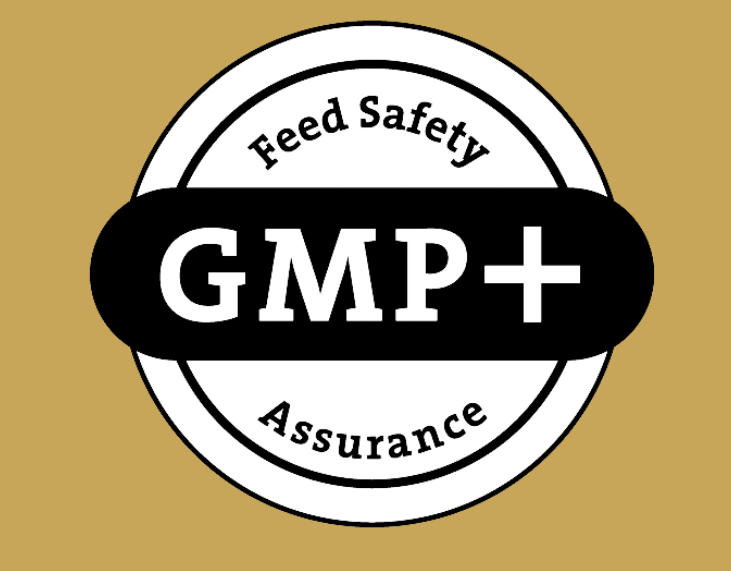

100% Glutenfree
100% GMO-free
100% Vegan
Herkunft:
Europe
Haltbarkeit:
12 Months
Verpackung:
Bags, big Bags, loose

The neutral flavour and texture of pea protein make it a versatile ingredient that can be easily incorporated into various types of pet food, including dry food, wet food and treats. It can also be combined with other protein sources to create a balanced amino acid profile and fulfil the nutritional needs of pets.
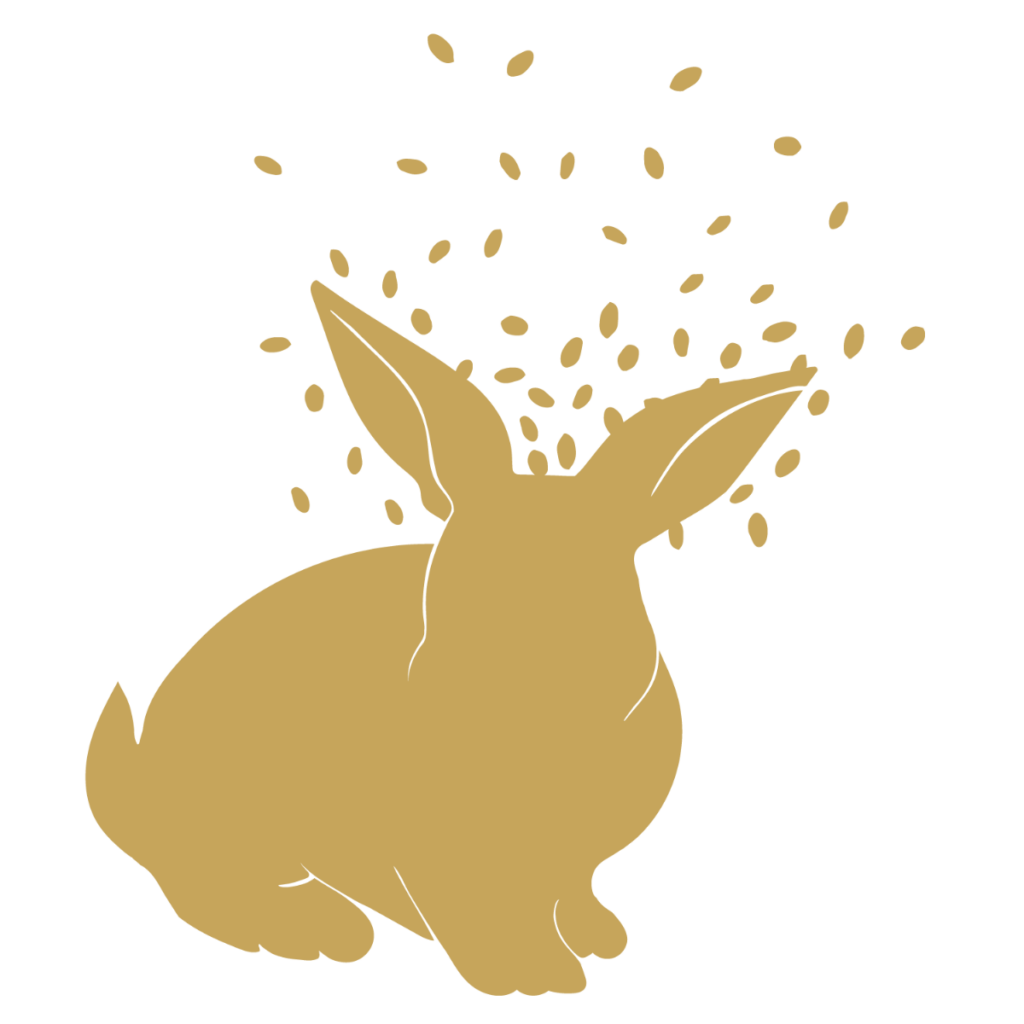
The high protein content, hypoallergenic properties, digestibility and nutritional benefits of pea protein make it a special and valuable ingredient for rodent feed. The intake of pea protein can support the health and well-being of various rodent species and contribute to a balanced and sustainable diet.
Wir sind Ihr Wachstumspartner in der Welt der pflanzlichen Rohstoffe.
Mit einer soliden Erfolgsbilanz in den Bereichen Tiernahrung und Brauwirtschaft sind wir bestrebt, Ihnen erstklassige pflanzliche Rohstoffe zu liefern, die zu Ihrem Erfolg beitragen.



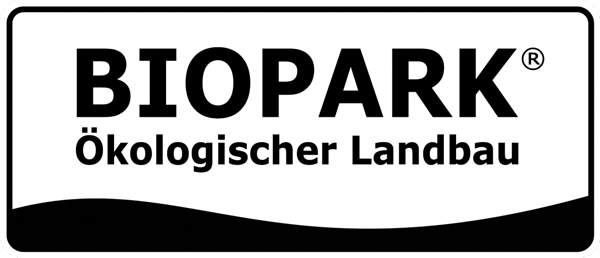
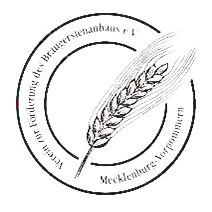
40 Länder
Über 15 Jahre
100%
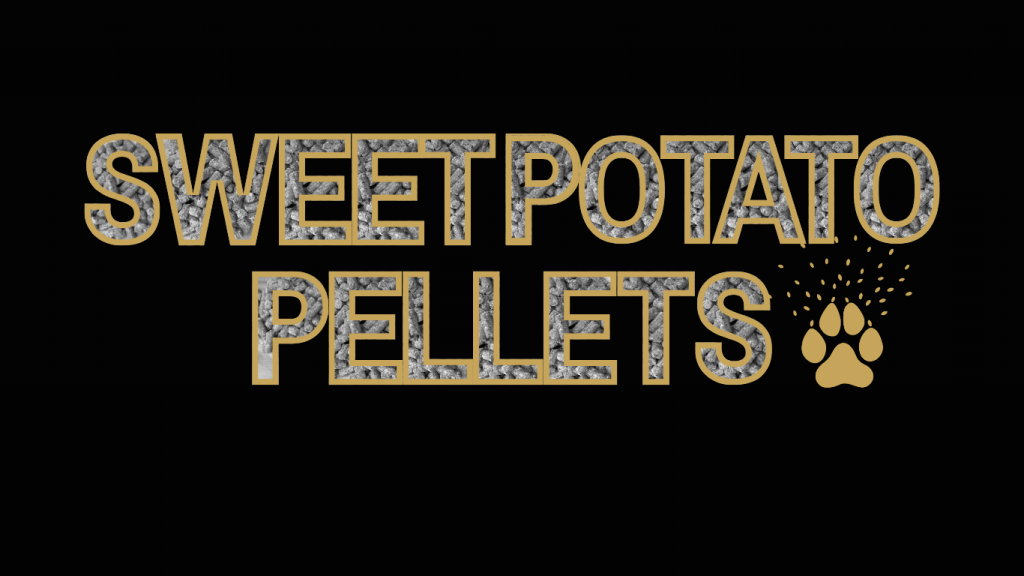
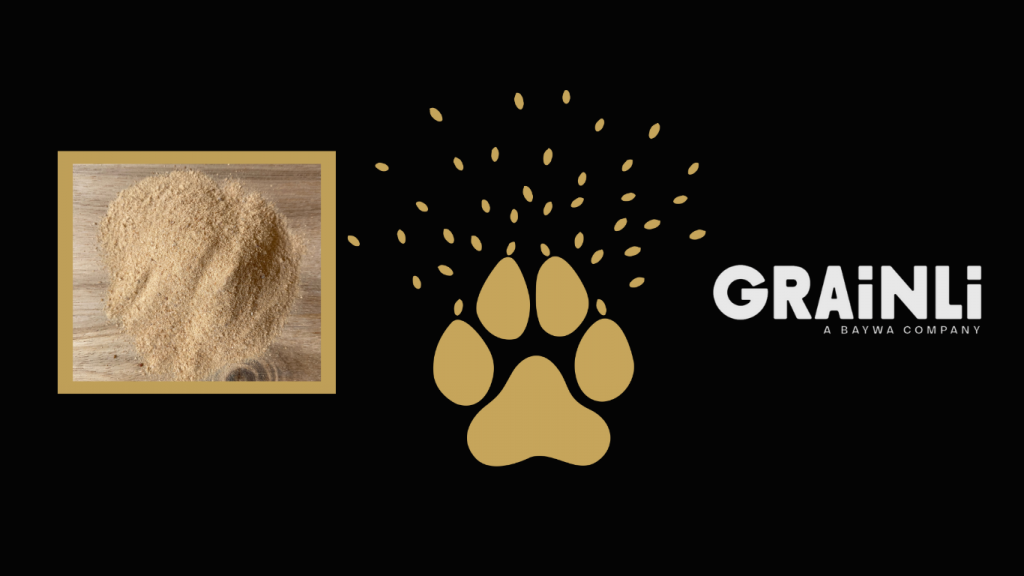

Pea protein contains a favourable amino acid profile, including essential amino acids that pets cannot synthesise themselves and must obtain from their diet.
It is particularly rich in branched-chain amino acids (BCAAs) such as leucine, isoleucine and valine, which are crucial for muscle protein synthesis and energy production. It is also highly digestible, which means that pets can efficiently utilise the nutrients it contains.
Pea protein powder can be kept for 18 to 24 months if stored correctly. Proper storage is essential to maintain the quality of pea protein powder over a longer period of time. It should be stored in a cool, dry place, away from direct sunlight and extreme temperatures.
Moisture can lead to clumping and mould growth, while high temperatures can break down the protein and other nutrients.
Pea protein offers a balanced combination of hypoallergenic properties, high protein content, good digestibility and environmental sustainability, making it a compelling choice for the production of pet food.
Pea protein stands out as a sustainable option for pet food production, offering environmental benefits such as reduced water consumption, lower greenhouse gas emissions and more efficient land use. Pea protein’s role in promoting sustainable agricultural practices and meeting consumer demand for environmentally friendly pet food emphasises its potential as a key ingredient for the future of sustainable pet food.
Pea protein offers favourable solubility and textural properties, allowing it to be used differently in a variety of foods, from meat substitutes and protein bars to dairy alternatives and baked goods. Compared to other plant proteins, which can have a distinct or strong flavour, pea protein is relatively neutral. This makes it easier to incorporate into products without significantly affecting the flavour. It is a gluten-free and lactose-free alternative to other common alternative protein sources.
While many plant proteins lack one or more essential amino acids, pea protein is more of a complete protein. It contains significant amounts of all nine essential amino acids, although the methionine content is slightly lower. Its high branched-chain amino acid (BCAA) content is particularly beneficial for muscle synthesis and makes it competitive with other plant proteins. Its high digestibility and natural flavour are important advantages for manufacturers of sports nutrition for consumers who want to add protein to their diet without sacrificing taste.
The biological value of pea protein is given as around 65, compared to 100 for eggs. This indicates the similarity between pea protein and the protein produced by the body.
